
America at the Crossroads
Democracy, Power, and the Neoconservative Legacy
Recommendation
This is a dense book on political theory. It covers the origins and future direction of the neoconservative movement. Primarily a personal essay by analyst (and former neocon supporter) Francis Fukuyama, it meanders, digresses and, at times, makes a call for action. He includes enough academic material to make both interesting and formidable reading, even for those with a serious interest in government. This is not about everyday politics, but about underlying ideas and concepts, although the author does not clearly state what he thinks will happen after the neoconservatives are removed from power – or even how soon, or if, that might happen. He reserves his recommendations for the last chapter, but the book's opaque presentation and unfortunately stilted language blunt his usual bite about the role of the neoconservative movement. getAbstract recommends this book primarily to those who have followed Fukuyama's earlier works or who are very interested in political theory. Serious poli sci students will find it rich and substantive.
Summary
About the Author
Francis Fukuyama is the author of the international bestseller, The End of History, as well as The Last Man, The Great Disruption, Our Posthuman Future and State Building. He is a professor of international political economy at Johns Hopkins University.


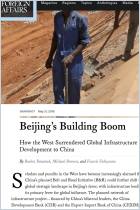
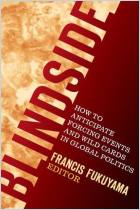
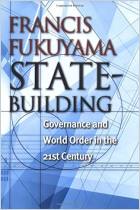
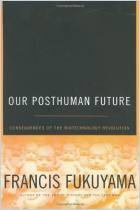

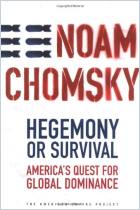

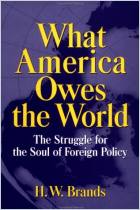
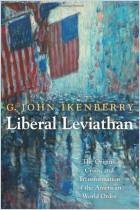
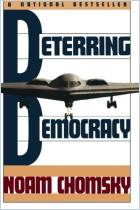



Comment on this summary